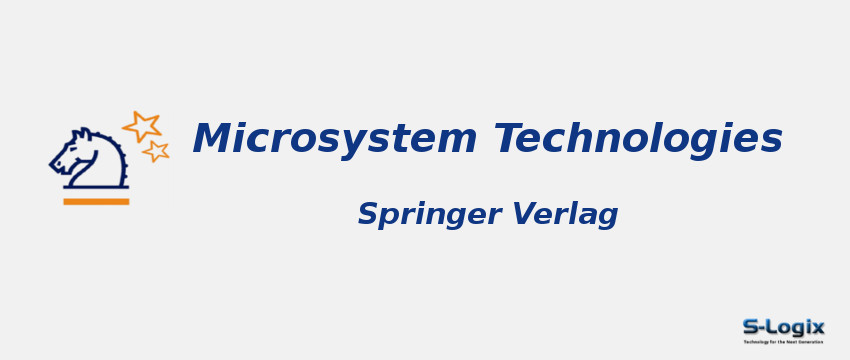Journal Home: Journal Homepage
Editor-in-Chief: Bharat Bhushan
Print ISSN: 0946-7076
Electronic ISSN: 1432-1858
Abstracting and Indexing: Scopus, Science Citation Index Expanded
Imapct Factor 2024: 1.8
Subject Area and Category: Computer Science, Hardware and Architecture, Engineering, Electrical and Electronic Engineering, Materials Science, Electronic, Optical and Magnetic Materials, Nanoscience and Nanotechnology, Physics and Astronomy, Condensed Matter Physics
Publication Frequency:
H Index: 78
Q1:
Q2:
Q3: Condensed Matter Physics
Q4:
Cite Score: 5.4
SNIP: 0.755
Journal Rank(SJR): 0.356
Latest Articles: Latest Articles in Microsystem Technologies
Guidelines for Authors: Microsystem Technologies Author Guidelines
Paper Submissions: Paper Submissions in Microsystem Technologies
Publisher: Springer Verlag
Country: Germany
